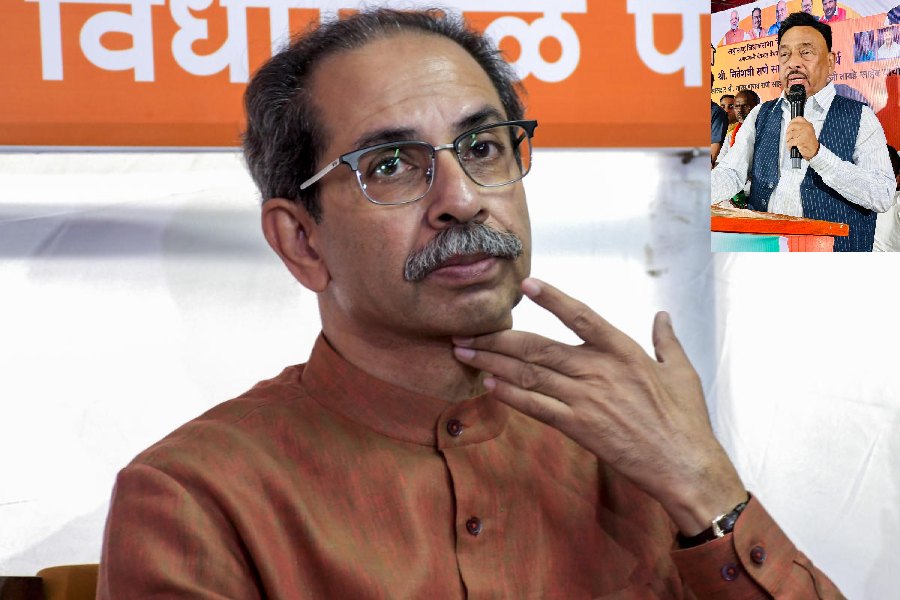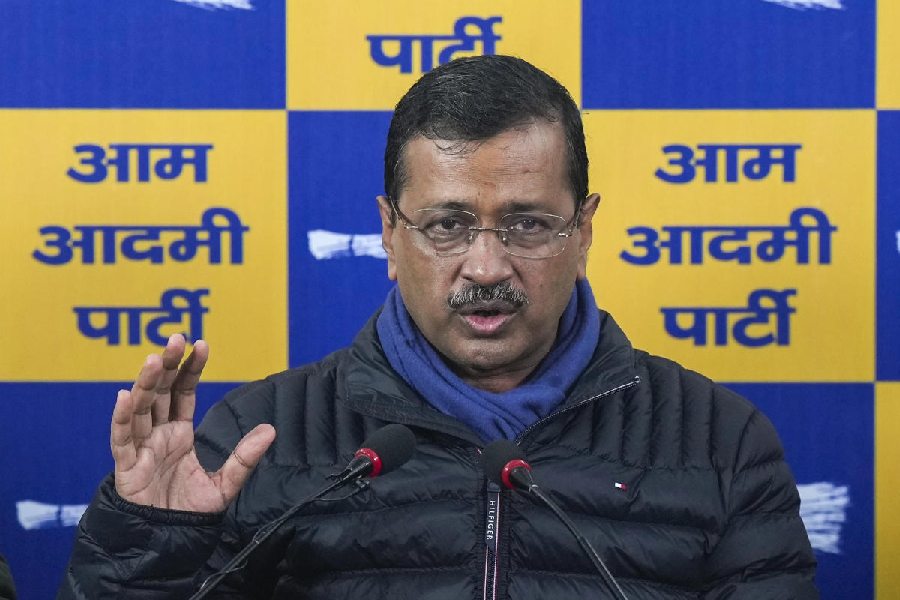Sir — It was shameful to read that a study by Duke University in the United States of America has found that wealthy nations are stockpiling the Covid-19 vaccine to the detriment of middle and lower-middle income countries. There is a huge gap between the vaccine-purchasing outcomes of rich nations and developing countries. Canada, for example, has bought enough to vaccinate its whole population five times over. While India has made an advance purchase of the maximum number of Covid-19 vaccines in the world — it has bought 1.6 billion doses — this will only cover 59 per cent of the country’s population.
The propensity of wealthy nations — especially those in the West — to appropriate crucial resources for themselves while leaving less powerful nations to their own devices is not surprising, but one would have thought that better sense would prevail at the time of a global pandemic. While it is understandable that any nation would put the interests of its own people before those of others, common sense dictates that at a time like this it is in the interest of every nation to look out for one another, since the spread of Covid can easily affect even those nations that manage to rid itself of the disease once. Short of indefinitely stopping all international travel — which will only spell doom for the global economy, as has already been evident — there is no way to prevent the spread of the contagion apart from ensuring that everyone has equal access to its prevention methods and cures. Privileged nations would do well to remember that.
Mani Koshy,
Kochi
Sir — No event in recent history has been as eagerly awaited as the rolling out of the Covid-19 vaccine. As such, it is regrettable that rich nations are, as usual, wielding their disproportionate power and stockpiling vaccine doses even though they know that this will put poorer economies at a disadvantage. Now is the time for countries around the world to come together and help one another tide over the coronavirus crisis. Richer nations, in fact, should be pooling in their resources to aid speedier production of the vaccine so that there is enough for all nations in the world to buy.
Rishiraj Pandey,
Lucknow
Great help
Sir — The toughest times often help give birth to initiatives that benefit the most marginalized members of society. It was heartening to read about the new e-commerce and hiring website that enables the sale of products and services offered by differently-abled citizens. This constituency is heavily discriminated against in India — openly and tacitly — in spite of the existence of laws that ostensibly protect their interests. As a result, such citizens find it difficult to find basic acceptance, let alone proper employment or ways to earn. It is hoped that this new venture will change that.
Aranya Ganguly,
Calcutta
Welcome gesture
Sir — The decision of the government of Pakistan’s Khyber Pakhtunkhwa province to purchase the Peshawar houses of the legendary Bollywood actors, Dilip Kumar and Raj Kapoor, to save them from demolition and convert them into national heritage sites and museums is welcome. Peshawar is already known for its rich history. According to the government, the museums will be thrown open to the general public to highlight this history as well as the cinematic contributions of the two Bollywood greats. This gesture of goodwill must be appreciated by all; it is a fitting tribute not only to the actors themselves but also to the world of cinema. It is hoped that, in the future, movie lovers from India will get the chance to visit these places. The gesture also proves that art and culture do not adhere to narrow political and geographical barriers.
M. Pradyu,
Kannur
Sir — The love of cinema binds people on both sides of the border. Will the declaration about the ancestral houses of Raj Kapoor and Dilip Kumar in Peshawar help in thawing relations between India and Pakistan?
Rohini Bhowmik,
Calcutta











